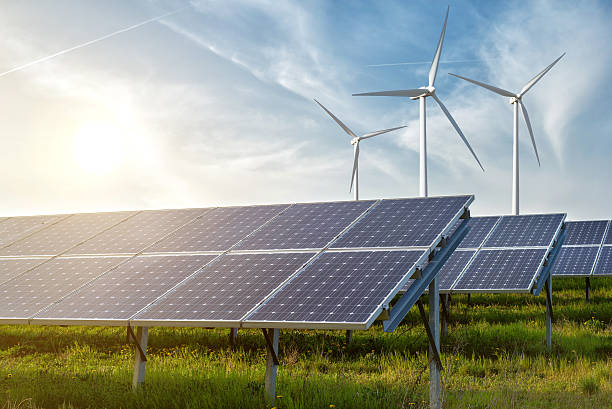
FAQ About Clean Energy
Clean Energy
2 years ago | gizem
What is clean energy?
Clean energy refers to energy sources and technologies that produce little to no greenhouse gas emissions, air pollutants, or other harmful environmental impacts. These energy sources are considered environmentally friendly and sustainable, as they do not contribute significantly to climate change and help reduce dependence on fossil fuels. Clean energy options are essential for mitigating the effects of global warming and creating a more sustainable energy future.
Common examples of clean energy sources include:
- Solar Energy: Generated by capturing sunlight and converting it into electricity through photovoltaic cells or concentrating solar power systems.
- Wind Energy: Produced by harnessing the kinetic energy of moving air using wind turbines to generate electricity.
- Hydropower: Generated from the energy of moving or falling water, typically in dams or river systems.
- Geothermal Energy: Utilized by tapping into the Earth's heat to produce electricity or provide heating and cooling.
- Biomass Energy: Derived from organic materials like wood, agricultural waste, and biofuels, which can be used to generate heat or electricity.
- Nuclear Energy: Though controversial, nuclear power is often considered clean as it produces minimal greenhouse gas emissions during electricity generation.
